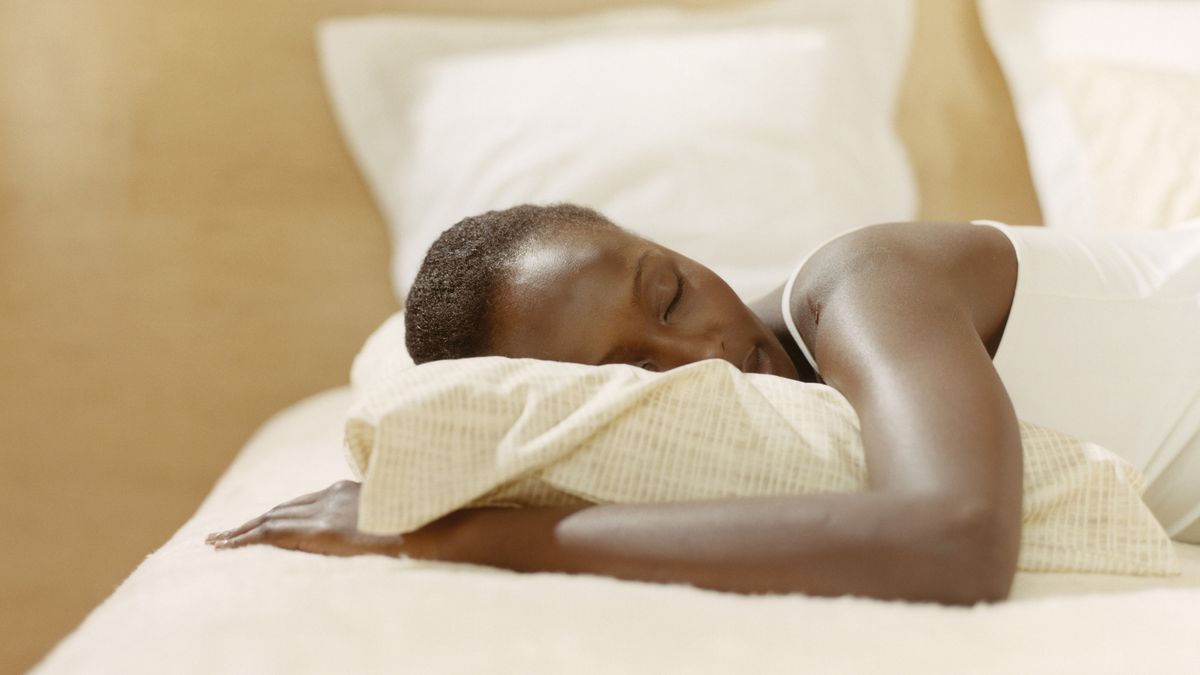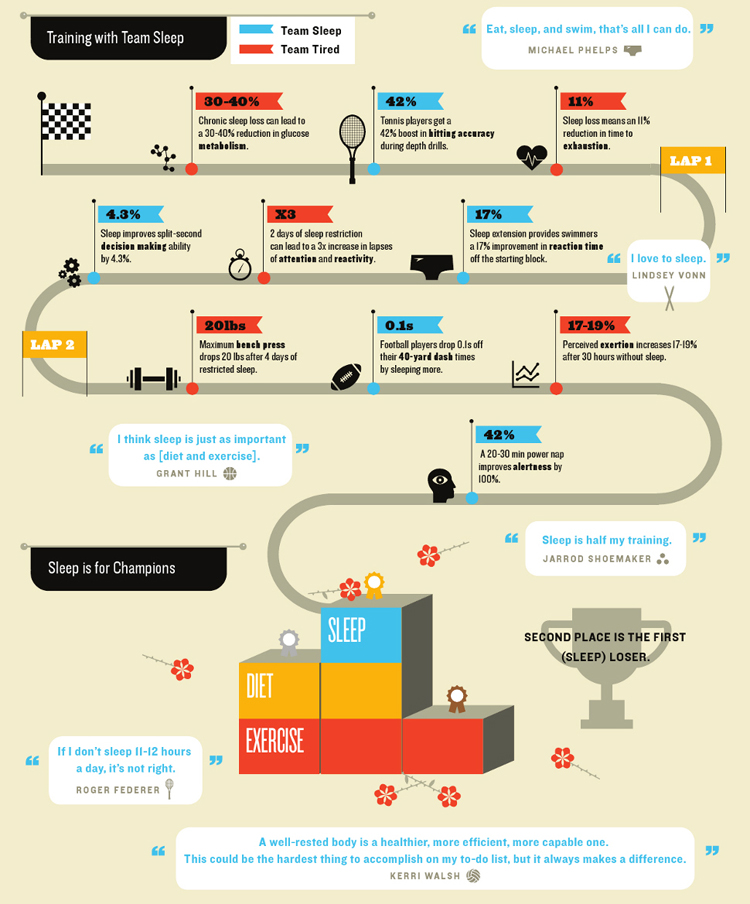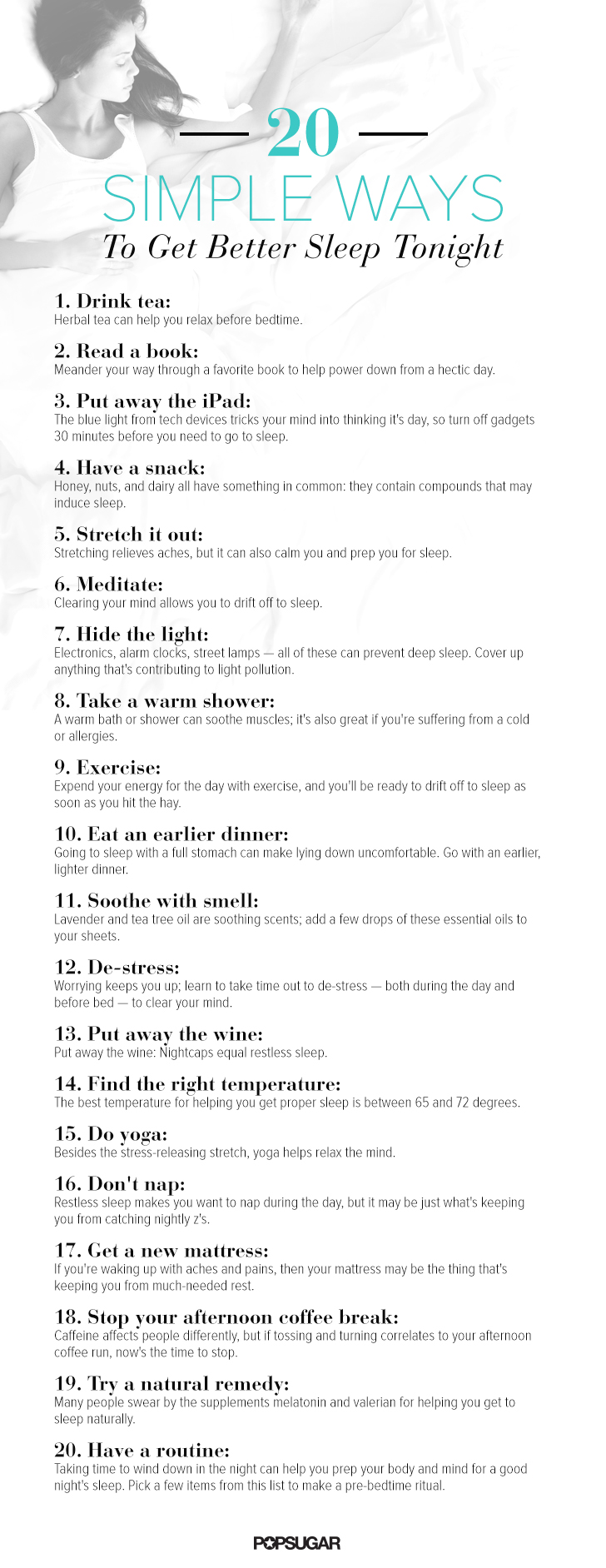


Turn Your Phones OffĪvoid using electronics at least 30 minutes before you go to bed. If you're only getting five or six hours of sleep each night, try to get more by going to bed earlier and setting an alarm to wake up at the same time every morning. Make sure your sleeping environment is dark, quiet, and cool. If you're not getting enough sleep, we've created a list of things you can do to improve your ability to fall and remain asleep. This hinders recovery after muscle damage induced by exercise, injuries, or certain conditions associated with muscle breakdown. Not getting a lot of sleep decreases the activity of protein synthesis pathways and increases the activity of degradation pathways, which favors muscle loss. That's why you need to sleep for at least 7 hours a night if you want your muscles to grow properly and quickly. Your body will produce less protein than it otherwise would. Not getting enough sleep will backfire on you since it will make your body more catabolic and will also delay muscle growth, especially if you're using a high-intensity training style such as lifting heavyweights. Catabolic environment means that your body is breaking down or losing overall mass. Researchers have suggested that reductions in sleep duration may inhibit muscle growth and recovery and lead to a catabolic environment. GH is a vital part of muscle repair, so if your sleep is disturbed the amount of GH released while you're sleeping drops significantly. You also release more growth hormone (GH) during sleep than you do at any other time. I am talking about insulin, the body's ultimate recovery mediator." Portman mentions, "that it's not growth hormone or some mystery anabolic agent. Insulin's role is to shuttle amino acids into cells to be used for protein synthesis and storage.Īn article written by Dr.

We all know that sleep is important, but how important is it really for our muscles' recovery? Well, the importance of sleep is so critical, in fact, that it has a direct effect on the most important part of muscle recovery: insulin. Why Sleep is Important for Muscle Recovery For example: if you're training multiple times a day and working long hours outside of the gym then you may require more rest. Shooting for 7-9 hours of sleep each night is a great goal to have, but your personal sleep needs may be different based on your lifestyle. Generally, most adults should be getting between 7-9 hours of restful sleep a night. The National Sleep Foundation has given guidance for the optimal amount of hours to sleep in a night. There are still conflicting opinions on how much sleep you need each night. This question has been asked and answered for decades. In addition, we'll also be going over why sleep is critical for muscle growth and recovery. In this post, we'll be talking about the importance of s It's no secret that sleep is critical in training and overall health, but it can be hard to know how much sleep you need and when. It's important for muscle growth and recovery. What's so important about sleep? Well, first of all, it's essential for muscle recovery without adequate rest and proper nutrition, you can train all day long but won't make any gains.

As our health improves we become better athletes and as athletes get better we can train more consistently and intensely which will ultimately lead to better results. Its importance, in fact, has been written about and talked about for over 100 years. The importance of sleep is not a new concept.


 0 kommentar(er)
0 kommentar(er)
